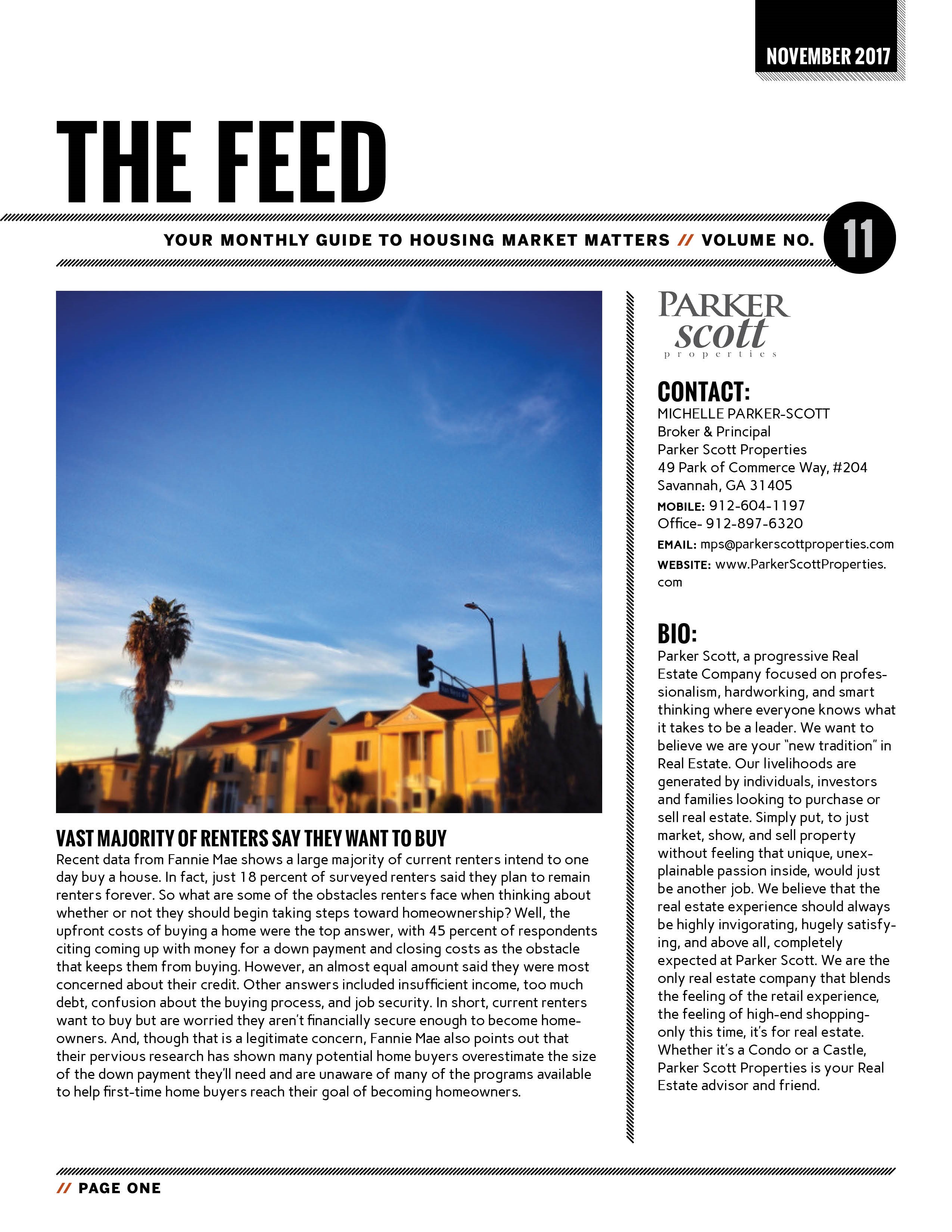Your sense of smell can be a peculiar thing. Odors that overwhelm some people, don’t affect others. And odors that you’re accustom to seem to disappear altogether after a while. So it’s no surprise that homeowners might worry that their home may be giving off an unpleasant scent. And, during the holidays, this becomes even more of a concern, as it’s a popular time of year to have houseguests. Fortunately, there are some fairly common places you can target to ensure that you’ve eliminated any odors that may be going undetected. One of the more obvious targets is pets. If you have animals in your home, make sure you clean their favorite places, pillows, beds, and blankets, etc. Basements and bedding are also common places for odors to linger. Mold and mildew can cause mustiness in basement areas but can also be detected by sight, which makes addressing it even easier. Be sure also to keep your bedding clean and your mattress fresh. Another obvious spot to check for odors is your refrigerator and freezer. Check that there’s no grime, grit, or leftovers lurking in the back that are emitting odors. Overall, paying some regular attention to these hot spots can help remove any worry about how your home smells to holiday house guests or, if you’re selling your home, potential buyers. More here.
How Buying A Home Can Help Save You Money
The argument for or against buying a home usually rests, to some extent, on wealth creation. Conventional wisdom says homeowners – through equity and price appreciation – are building wealth, while renters are throwing their money away each month. Of course, there are some notable instances where that basic argument seemed discredited. Take the most recent financial crisis and housing crash, for example. Following the crash, many people began to question the typical arguments in favor of homeownership, as homeowners saw their home values plummet. Now, a new study from Florida Atlantic University, Florida International University, and the University of Wyoming says homeownership offers no financial advantage when compared to renting and investing in a portfolio of stocks and bonds. However, the study’s findings are based on an assumption that renters will use any extra money, not on consumption, but on investing for the future. According to the results, “The analysis showed that households that are likely to not reinvest buy-rent cash differentials should mostly own rather than rent their primary residence as ownership forces them to save.” In other words, you can create wealth while renting, if you’re disciplined and invest wisely. If not, buying is a better deal. More here.

Rising Number Of
Homeowners Are Equity Rich
Get Top Dollar!!
Figuring Out The Best Down Payment Strategy
Coming up with a down payment strategy can be difficult for some buyers – especially first-time home buyers who don’t have the benefit of a home to sell. In fact, among first-time home buyers, nearly 60 percent put less than 20 percent down on their house. And while that can be a good option for some buyers, it does have downsides. For one, smaller down payments typically mean you’ll have to pay mortgage insurance. It also means you may be edged out when making an offer on a home. Data from Zillow shows that buyers with larger down payments are more likely to get their offer accepted. On the other hand, waiting to save a larger down payment means risking an increase in home prices that makes it so you can’t afford next year what you could afford right now. What is the best move for today’s buyer? Well that depends a lot on their personal financial situation and how much they already have saved. But, according to Zillow, the median home will be worth just over $6,000 more next year at this time – which means you’ll have to save an additional $105 per month to cover the rise in prices. More here.

November Newsletter



What’s Popular With Home Buyers Now


